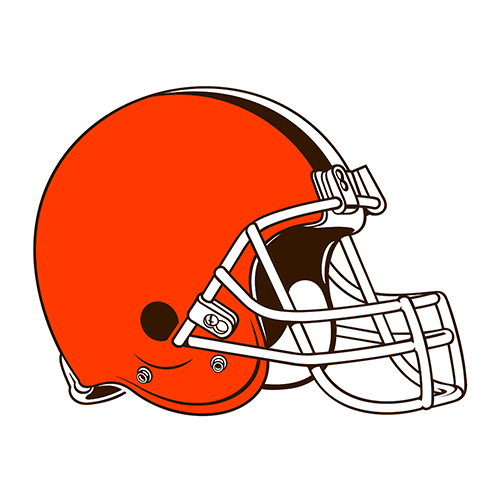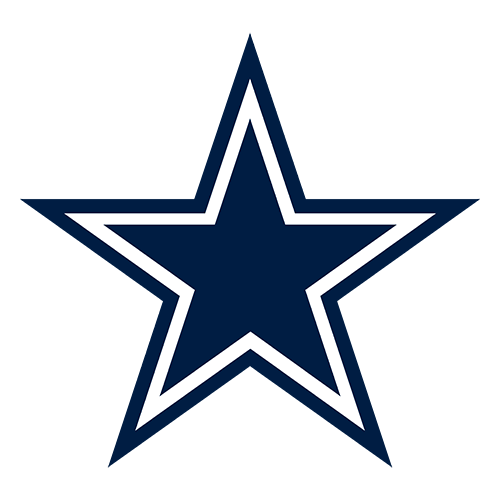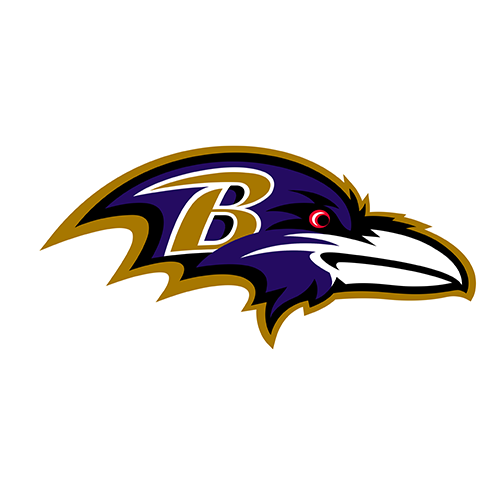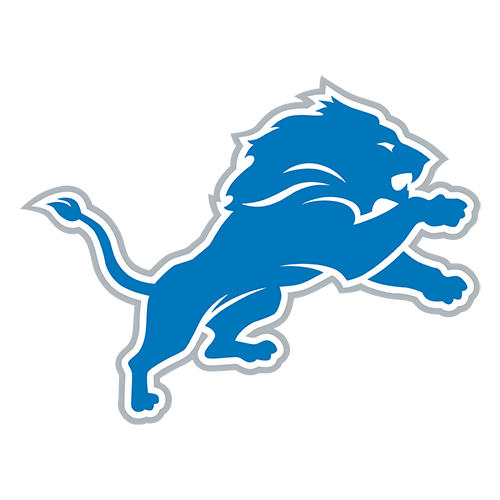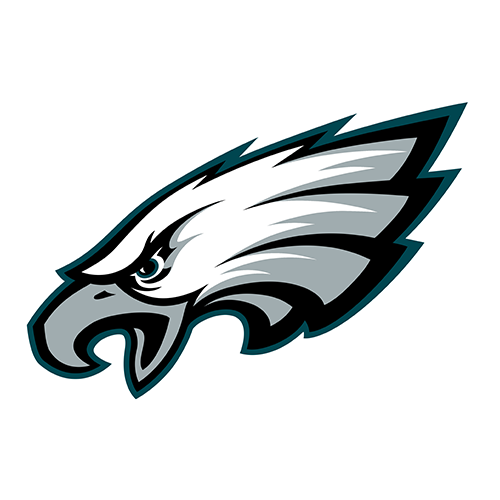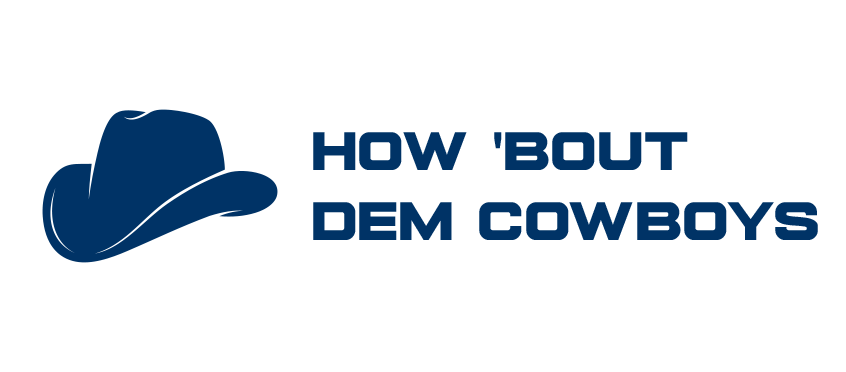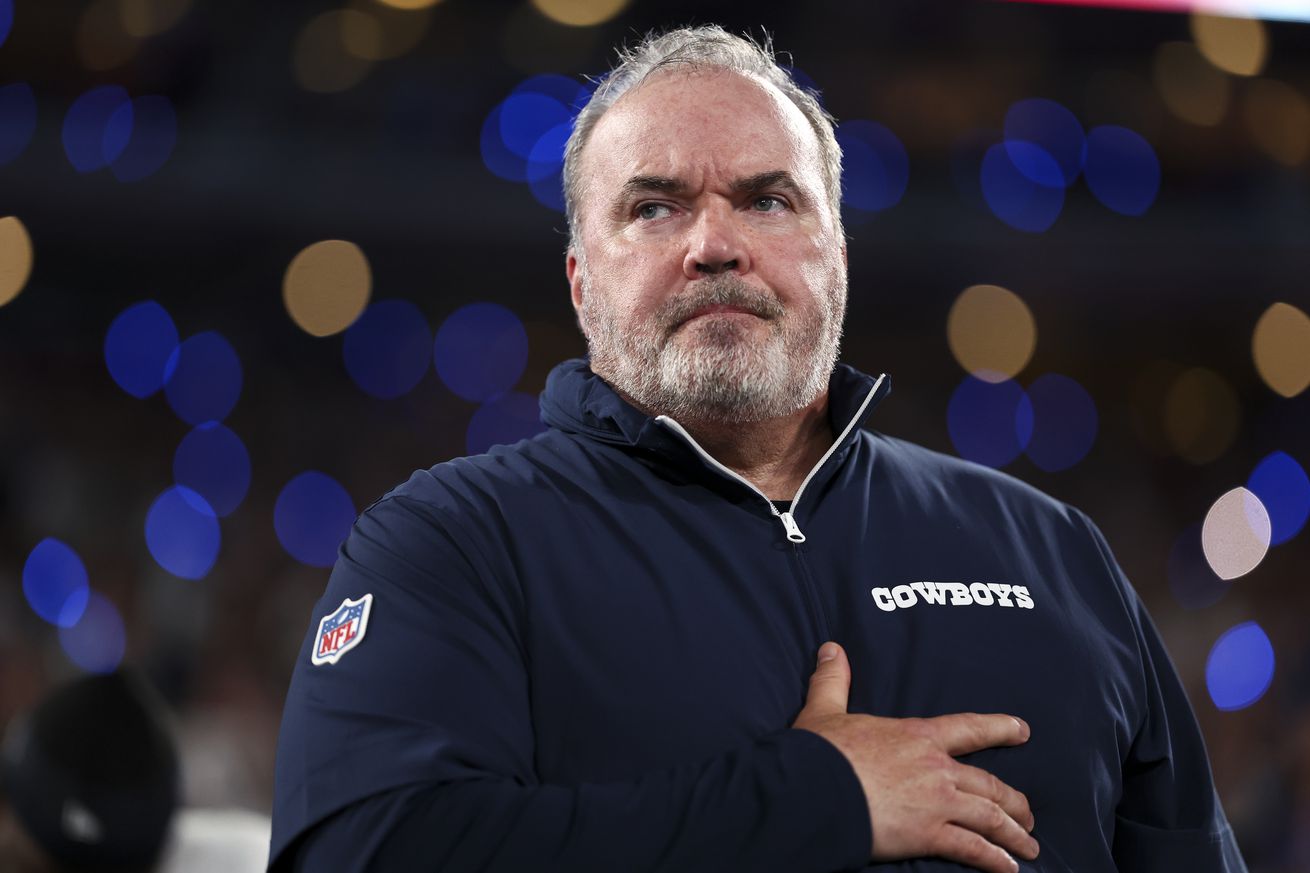
Motion has been a hot topic around the Dallas Cowboys and it is undeniable that they have regressed in terms of using it.
A few years ago Cris Collinsworth appeared on NFL Total Access one day and spoke on the idea of play-action. This was at the peak of football fans debating that play-action was only effective when you “established the run”, a point that Collinsworth mentioned it took him a “lifetime” to understand was not the case.
Here is the clip in question:
Cris Collinsworth on Wednesday’s NFL Total Access talking play action and the Dallas Cowboys: “Play action is effective regardless of how you’re running the football. Now it took me a lifetime to get to where that became a fact in my brain.”pic.twitter.com/C7xvhZYBB7
— RJ Ochoa (@rjochoa) December 5, 2019
Collinsworth, a fan of data and analytics in the modern NFL given his involvement in PFF, noted that play-action is effective not because any run game has been established, but essentially because of the mental hurdles that involving it in your offense creates. By pretending (for lack of a better word) to do one thing you are forcing defensive players to provide some level of reaction to it which creates (theoretically) an advantage for you with regards to what you actually want to do. Even if the advantage created is minute, it exists.
This Collinsworth quote came to mind this week when a clip of former Carolina Panthers linebacker Luke Kuechly began to surface. Speaking to Daniel Jeremiah and Bucky Brooks about offenses using motion so much in 2024, Kuechly described the mental gymnastics that defenders have to go through when it is all happening before the snap.
Luke Kuechly on impact of motion on a defense pic.twitter.com/CMoHVBGqGQ
— Daniel Jeremiah (@MoveTheSticks) October 2, 2024
These things are not apples to apples, but the general point is understood. If you are creating havoc, eye candy, whatever you want to call it, all before the ball is hiked and the play begins, you are challenging a defense to be ready for anything and everything which is very difficult.
We have seen the impact that motion has on the Dallas Cowboys defense over time and how it is their most glaring weakness. Given the heavy usage we have seen across the NFL, particularly from Kyle Shanahan and the branches of his tree spread all across the league, it remains frustrating that Dallas cannot find a way to mitigate this.
That is a subject for a different day, though. Today we are here to talk about how the Dallas Cowboys offense has significantly regressed in terms of utilizing motion, which is also frustrating given how successful and almost necessary it is in the NFL in 2024.
Four games into the season we have seen enormous regression from the Dallas Cowboys offense in terms of motion usage
We are about to compare four games from one season against 17 (talking regular seasons here) of another. The data sets are very different in terms of size. But the fact of the matter is that this year’s Dallas Cowboys have only played in four games and that is all we use.
While four games is not 17, it is enough to draw some legitimate opinions. Looking back before we do sideways for a second, here is where the Dallas Cowboys ranked across the rest of the league last season in terms of motion usage by quarter (shout out to Tom Downey who inspired this whole exercise with his tweet on Thursday).
Dallas Cowboys Motion Usage By Quarter, 2023
- Q1: 7th
- Q2: 18th
- Q3: 15th
- Q4: 14th
This kind of lines up with what we remember from last year’s team. They did a great job of getting involved on offense early, built up leads and then coasted a little bit (not all of the time) while the defense went to work across the second half of games.
Before we get to this year, let’s break this down by average amount of motion plays per quarter. Keep in mind that games vary significantly and that sometimes you don’t touch the ball a ton in a certain quarter. Consider that Dallas held the ball for under 25 minutes total last week against the New York Giants as an example of how volatile this can be. Nevertheless, here are those averages.
Average Dallas Cowboys Motion Plays Per Quarter, 2023
- Q1: 10.6
- Q2: 9.1
- Q3: 8.3
- Q4: 8.8
The decimals make it weird so round up or down, however you’d like and depending on what kind of mood you are in. The overall point of this discussion and exercise is not to look at the variance by quarter across last season but rather against what the team is doing through four games this year.
On the subject of this year, here is where the Cowboys rank across the league by motion usage on a quarterly basis.
Dallas Cowboys Motion Usage By Quarter, 2023
- Q1: 8th
- Q2: 26th
- Q3: 31st
- Q4: 27th
This is, to say the least, significant regression. We are seeing much less motion from the team this year which is stating more than the obvious.
It is difficult to explain why the Cowboys would regress so hard, especially given when the NFL as a whole is leaning into this so much. When looking at this season it is somewhat fair to say that the games against the New Orleans Saints and Baltimore Ravens got out of hand so quickly and this changed some of the calculus involved, but that if anything enlarged the need for offensive success and creativity.
Average Dallas Cowboys Motion Plays Per Quarter, 2024
- Q1: 5.4
- Q2: 8.5
- Q3: 6.5
- Q4: 6.25
In addition to games getting a bit out of hand for the Cowboys, they are also down playmakers relative to last season. The complete and total lack of a running game to this point is something that is weighing a lot of things (and opportunities) down and missing Brandin Cooks for some time is unfortunately only going to exacerbate the issue.
Here is how the Cowboys’ motion usage is broken down so far this season:
- 128 overall plays
- 80 passing plays
- 48 rushing plays
- 3 total touchdowns
Week 1: Dak Prescott to Brandin Cooks
Week 1: Ezekiel Elliott
Week 4: Dak Prescott to Rico Dowdle
Consider that Dak Prescott has six total passing touchdowns this season and that two of them involved motion. Another two are courtesy of CeeDee Lamb scoring with immense yards over the catch, particularly that was over expected (Lamb’s scores have been a 65- and 55-yard touchdown). The other two touchdowns were to Jalen Tolbert and KaVontae Turpin against the Baltimore Ravens in the middle of their attempted comeback.
Breaking down just Prescott’s passing touchdowns this season we can see that a third have come off of plays involving motion, another third were because Lamb was able to house something incredible and the other third are difficult to evaluate because Baltimore was backing off a bit due to an immense lead at their backs. This isn’t a neon sign that says “USE MOTION” but it serves as a point on top of everything else that doing so is probably a good idea.
As we close, here are the top 10 teams in the NFL at Week 5’s beginning in terms of using motion. This is a ranking of total number of plays that it has been involved, for full context:
- Miami Dolphins
- San Francisco 49ers
- Green Bay Packers
- Detroit Lions
- Los Angeles Rams
- Kansas City Chiefs
- Houston Texans
- Buffalo Bills
- New Orleans Saints
- Baltimore Ravens
Numbers 1, 2, 3 (to a degree), 7 and 9 all have Kyle Shanahan’s fingerprints on them. Numbers 3 and 5 have direct ties to Sean McVay. These are the most innovative offensive minds in the NFL and we are seeing that motion is a heavy part of what they do.
The Cowboys rank 23rd overall in terms of number of plays involving motion and are only beating some offenses that we would scoff at generally: Tennessee Titans, New York Jets, Arizona Cardinals, Chicago Bears, Jacksonville Jaguars, Cleveland Browns, Washington Commanders, Indianapolis Colts and Denver Broncos.
Beyond the facts that the best offenses in the NFL are using motion, and the worst ones are not, and that general principle in today’s game is that motion is required for at least some levels of success, and that when Dallas utilized it last season (and sparingly this season) it worked effectively, it is a real head-scratcher as to why the Cowboys have turtled up in this regard.
Maybe Mike McCarthy knows something we do not.
